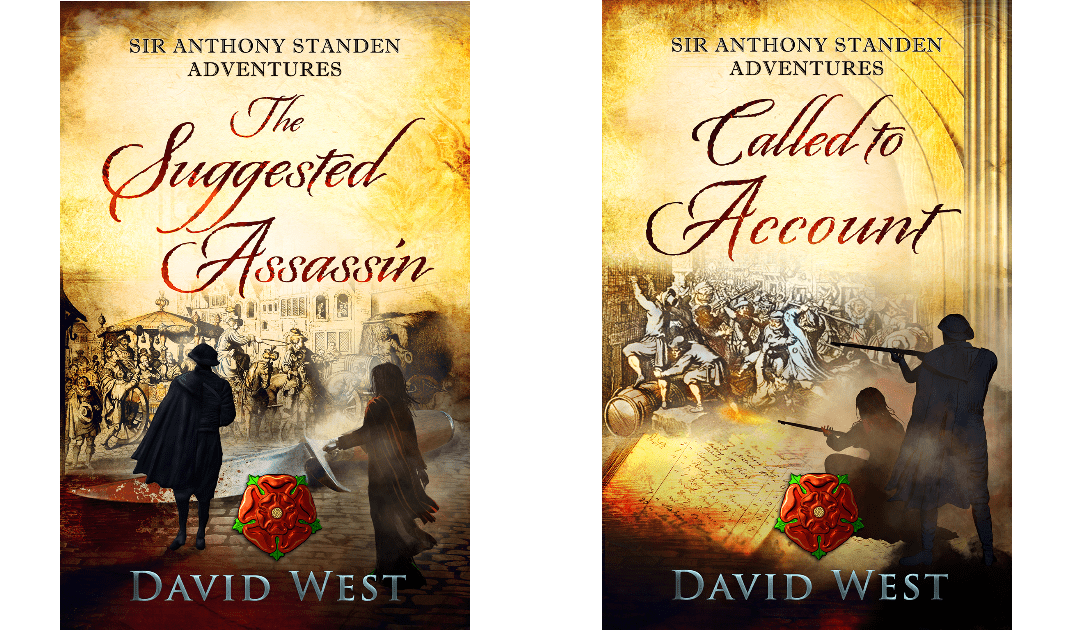How does conflict generate creativity? I was watching programmes about Fleetwood Mac on the BBC last night. Whilst making the album Rumours each member of the band was going through a break-up: John and Christine McVie; Stevie Nicks and Lindsey Buckingham; Mick Fleetwood and his wife Jenny Boyd. You can feel the break-ups in the songs: damn your love, damn your lies; never going back again; go your own way.
I bought Rumours in 1979, and although I’ve bought or streamed countless albums since, I still think it’s the greatest album ever. I can only think of one album that comes close, Hotel California by the Eagles. I thought I’d check, so I looked up greatest albums on Wikipedia. What I got of course was a list of best selling albums. Although that’s not necessarily the same thing, beauty is in the ear of the beholder, it’s a guide, surely?
Well, number one is Thriller, by Michael Jackson. I didn’t see that coming! AC/DC’s Back in Black was at number two. Amy Winehouse wrote a fabulous album with a similar title, but who the hell are AC/DC? Number three, Whitney Houston, The Bodyguard. Yes, great voice, great song(s?). I Will Always Love You was written by Dolly Parton, on the same day I believe as she wrote Jolene. Pink Floyd are at number four with Dark Side of the Moon. Fair enough, but I think Wish You Were Here is a better album. The Eagles reach number five with their Greatest Hits. Hotel California is at number seven. Rumours is at number nine, just pipped by Shania Twain’s Come on Over.
Well, there’s no accounting for taste. However I hold that conflict is a powerful source of creativity. What about some of our greatest poets: Wilfred Owen, Siegfried Sassoon, Robert Graves, Rupert Brooke. They were all war poets. When I search for the subject of the next book in the Sir Anthony Standen Adventures, I’m looking for conflict and theme.
Conflict can be external or internal. Conflict is the obstacle that comes between our protagonist and their objective. That obstacle might be the villain, or it might be what the protagonist wants rather than what they need. But I’m straying into my own world as an author. Why does conflict work for a group like Fleetwood Mac?
I found an academic paper from Berkeley which notes research showing that conflict in a group setting which promotes debate, and even criticism, is more productive than a traditional brainstorming “be nice, don’t criticise” approach. Ok so conflict can promote debate, and emotional, productive debate, in a group environment. How does that help me as an author? I’ll take that to the next meeting of my writers’ circle.

